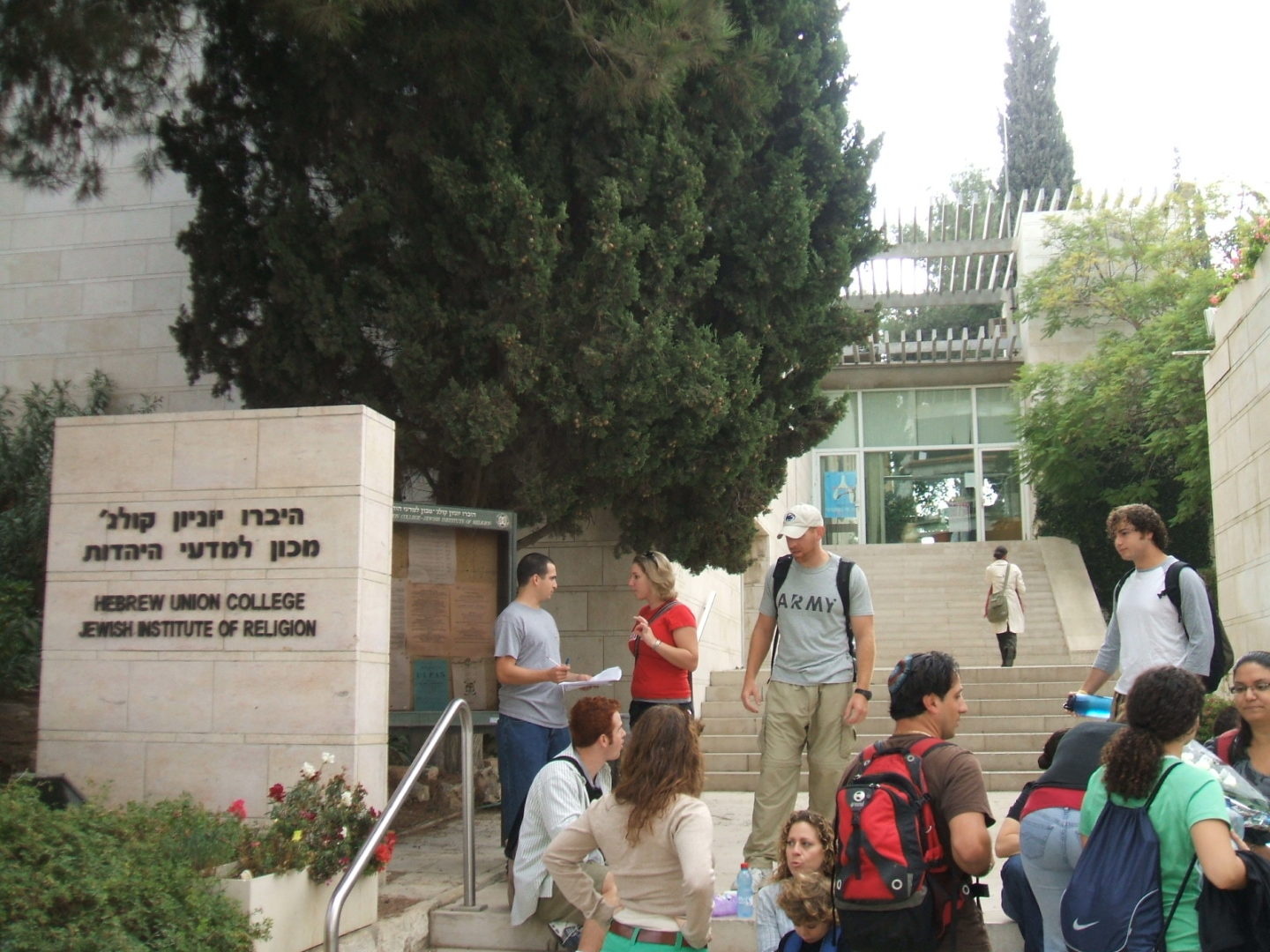Of the five dozen or so addresses of institutions of Reform Judaism in Israel – congregations all over the country, schools and other establishments – none is more prominent than 13 King David St. in Jerusalem. It houses the Israel campus of the Hebrew Union College (HUC) where all students spend the first year on their paths to becoming rabbis, cantors and Jewish educators in the United States and elsewhere in the Diaspora.
The college also has a special Israel program, which soon will have ordained 100 Reform rabbis. Though the majority of the Israeli graduates serve congregations in different parts of the country, some have also taken on other responsibilities in the Reform movement and beyond.
Recently the California-based Taube Philanthropies has given $15 million to HUC Jerusalem. This will enable the college to make the site even more visible and to intensify its many and varied programs in Israel.
The project was officially launched last June in an impressive ceremony in Jerusalem in the presence of Tad Taube, the philanthropist chairman of the foundation, who has also contributed much to other causes, including those promoting Jewish life in his native Poland.
The dedication ceremony amply illustrated that Reform Judaism is there to stay and to flourish in Israel. Not only did the speakers include the chairman of the Jewish Agency and the mayor of Jerusalem, but Prime Minister Benjamin Netanyahu sent greetings in which he reaffirmed his commitment to religious pluralism in Israel.
According to reports in the media, roughly at the time that the prime minister’s message was read out at the HUC Jerusalem campus, the leaders of the ultra-Orthodox political parties in the Knesset together with Israel’s two chief rabbis met with him demanding that his government shouldn’t recognize Reform Judaism in any capacity. The delegation urged Netanyahu not to give any foothold to any non-Orthodox religious movements. It made special mention of the intention to establish at the Western Wall an egalitarian prayer space for non-Orthodox Jews.
The efforts by the Orthodox leaders in Israel is seen by many as a telling tribute to the growing impact of Reform Judaism in the land. Though Reform has never sought to attack Orthodox Jews, its advocacy of religious pluralism in the Jewish state is perceived by the Orthodox establishment as a challenge to its claim on hegemony.
As a reaction, many secular Israelis often tell pollsters that they support Reform Judaism. Even if in their daily lives they turn to Orthodoxy for life cycle events, they know that religious pluralism is essential for a democratic state.
But things are changing. The more than 40 Reform congregations in Israel are growing in numbers and influence and attracting thoughtful members of the Israeli public. The almost 100 Reform rabbis are making their presence felt in the land.
One reason why some Israelis don’t yet identify openly with Reform Judaism may be due to their perception that Reform is American. The fact that Ashkenazi Orthodoxy is largely east European and its Sephardi equivalent predominantly North African doesn’t seem to bother them. And they don’t appear to have yet taken on board the fact that it’s Israeli, not American, rabbis who’re active in Israel today.
Reform Judaism is making progress despite Orthodox invective and secular indifference – or perhaps because of it.
My commitment to Reform Judaism was shaped in Britain. Some 60 years ago Reform was largely on the margins of Jewish life there, often subjected to Orthodox shenanigans. Its progress over the years has been due to the institutions it has created – notably the Leo Baeck College where I was ordained and which is about to celebrate its 60th anniversary – and because of its readiness to look at itself critically in order to grow in depth, not only in numbers.
Reform Judaism in Israel is now on a similar path. The vote of confidence of the Taube family and the hard work of rabbis and lay leaders alike suggests great progress in the years and decades to come.
